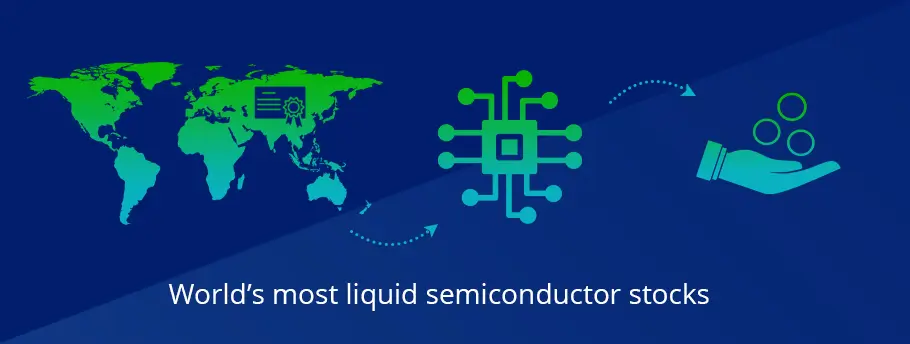Is Condemning Halal Slaughter Essential For Veganism?

Table of Contents
Understanding Veganism's Core Principles
Veganism is a philosophy and lifestyle that seeks to exclude—as far as is possible and practicable—all forms of exploitation of, and cruelty to, animals. This encompasses a wide range of motivations, often interwoven. Many embrace veganism for ethical reasons, driven by animal rights and a belief in the inherent worth of all sentient beings. Others are motivated by environmental concerns, recognizing the significant environmental impact of animal agriculture. Still others choose a vegan lifestyle for health benefits, often citing reduced risk of heart disease and certain cancers.
Key aspects of a vegan lifestyle include:
- Diet: Avoiding all animal products, including meat, poultry, fish, dairy, and eggs. A plant-based diet is central to ethical veganism and compassionate veganism.
- Clothing: Choosing clothing made from plant-based materials like cotton, linen, or synthetics, and avoiding leather, fur, and other animal-derived fabrics.
- Cosmetics and Personal Care: Avoiding products tested on animals (cruelty-free) and those containing animal-derived ingredients like beeswax or lanolin.
A truly compassionate vegan lifestyle extends beyond personal choices to encompass a broader commitment to ethical consumerism and advocacy for animal welfare.
The Practices of Halal Slaughter
Halal slaughter, prescribed in Islamic law, involves the swift, clean severing of the carotid arteries, jugular veins, and windpipe of an animal. The intention is to minimize suffering and ensure a humane death. The process is deeply rooted in religious beliefs and practices, emphasizing respect for the animal and gratitude for its provision.
However, the potential for suffering during Halal slaughter, as with any method of animal slaughter, remains a point of contention. Factors such as the skill of the person performing the slaughter and the stress experienced by the animal before the procedure can influence the level of pain and distress. While some Halal abattoirs adhere to high animal welfare standards and obtain Halal certification to ensure compliance with these standards, the level of oversight and enforcement can vary significantly. Further research into specific Halal certification practices and animal welfare regulations in different jurisdictions is crucial for a complete understanding.
The Ethical Debate: Does Halal Slaughter Contradict Veganism?
The question of whether Halal slaughter contradicts vegan principles sparks considerable debate within the vegan community.
Arguments for Inclusion
Some argue that if the Halal method is performed correctly and swiftly, minimizing suffering, it might not violate the core tenets of veganism, especially when compared to other, potentially more inhumane, methods of slaughter. This perspective often focuses on the intention behind the practice and the comparative suffering inflicted. However, counter-arguments highlight that even minimal suffering is still suffering, and that the inherent act of killing an animal is antithetical to vegan principles.
Arguments for Exclusion
Conversely, many vegans maintain that any form of animal killing is inherently unethical and thus incompatible with a consistent vegan ethic. They emphasize the inherent value of animal life and the ethical responsibility to avoid all forms of animal exploitation, including slaughter, regardless of the method. The act itself, the loss of life, is deemed unacceptable.
- Arguments for Exclusion: Any form of killing is unethical. Animal life is valuable regardless of method.
- Arguments for Inclusion: Swift killing minimizes suffering. Focus on minimizing suffering, compared to other methods.
These conflicting perspectives highlight the complex ethical dilemmas inherent in defining and applying vegan principles.
Finding Common Ground: A Spectrum of Vegan Approaches
It's crucial to acknowledge the diversity of views within the vegan community. There is no single, monolithic definition of veganism; the term encompasses a spectrum of approaches and priorities. Some vegans might prioritize certain aspects of animal welfare over others, leading to variations in their practices. Some may adopt a more flexible approach (sometimes termed "flexitarianism"), reducing but not completely eliminating animal products from their diet while focusing on minimizing their impact on animal welfare. This demonstrates a wider acceptance of the spectrum of vegan lifestyles and approaches to ethical consumerism.
Conclusion
The question of whether condemning Halal slaughter is essential to veganism reveals a lack of consensus within the vegan community. There is no universally accepted answer. The debate highlights the complex interplay of religious practices, animal welfare concerns, and ethical considerations. Ultimately, individuals must critically examine their own values and beliefs regarding animal welfare and engage in informed discussions about the complexities of veganism and its application to various practices like Halal slaughter. Consider your own stance on Halal slaughter within your personal vegan framework. Further reading on the ethical considerations related to Halal slaughter and veganism is recommended to foster a deeper understanding of this multifaceted issue and to encourage informed decision-making related to Halal slaughter and your vegan choices.

Featured Posts
-
 Leonardo Di Caprio And His Dating Life Dispelling The Myths
May 13, 2025
Leonardo Di Caprio And His Dating Life Dispelling The Myths
May 13, 2025 -
 Oregon Ducks Womens Basketball Tournament Run Ends With Loss To Duke
May 13, 2025
Oregon Ducks Womens Basketball Tournament Run Ends With Loss To Duke
May 13, 2025 -
 Etf Investors Dumped Levered Semiconductor Funds Before Recent Surge
May 13, 2025
Etf Investors Dumped Levered Semiconductor Funds Before Recent Surge
May 13, 2025 -
 Spremembe Zakona O Romski Skupnosti Analiza Predlogov V Javni Obravnavi
May 13, 2025
Spremembe Zakona O Romski Skupnosti Analiza Predlogov V Javni Obravnavi
May 13, 2025 -
 Scarlett Johansson Challenges Open Ais Use Of Her Voice
May 13, 2025
Scarlett Johansson Challenges Open Ais Use Of Her Voice
May 13, 2025
